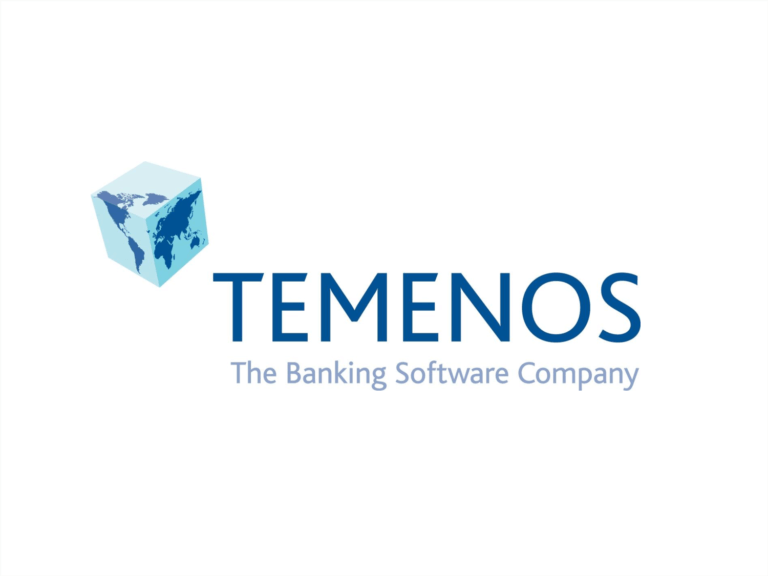
Almost everybody finds themselves borrowing money at some point in their lives. For some, it’s to afford an education. For others, it’s to buy a home or cover business expenses. Regardless of the reason, the most common way for individuals to get the financing they seek is through bank loans and lines of credit.
Loans and lines of credit require approval from the lenders based on your credit score and financial standing. Your financial health determines the loan amount, monthly repayment instalments, and interest rates. Bank loan interest is similar to credit card interest but usually lower. In this article, we’ll go into further detail about the pros and cons of bank loans.
Advantages of Bank Loans
Control Your Business
You may lack the funds to increase your stock and keep the business going. However, you can qualify for a business loan if your company can meet full payment obligations on time. The lender evaluates your financial status to determine your payment capability through the credit score.
To secure a business loan at low interest rates, it’s crucial to improve your business credit. A strong business credit score demonstrates your reliability to lenders, increasing your chances of loan approval and better terms. Regularly monitoring your credit report and promptly addressing any issues can significantly boost your score.
Additionally, banks don’t need shares in your business to provide the loan amount. This way, you can maintain control and run operations without any interference. By allocating the loan, it doesn’t mean the bank will have any role in managing your business, and you can stay in control.
Temporary Agreement
A bank loan is a temporary agreement between your business and the bank. This means you don’t have to maintain any relationship with the lender. Your credit rating and payment history are the main determinants for qualifying the loan amount when you wish to reapply in the future. Once you complete your loan repayment, there are no more obligations to the bank.
Flexibility
There are different types of loans that you can choose to apply from the bank. The loans have different terms and conditions with varying interest rates. You can acquire funds to handle your business operations if you prove a low defaulting risk and cover your instalments. You can obtain a loan when needed if you don’t have any outstanding debts with the bank.
Bank Loan Cons
Strict Qualification Terms
A bank will heavily evaluate your risk level before you can qualify for a loan. You are required to provide various documentation and financial history to show your ability to meet the payment obligations. Your business may not meet a few terms on the qualification criteria, thus making it hard to acquire the loan.
Bank loans may also require a personal guarantor to secure the loan. Hence, they may seize your personal assets should your business default on a loan. Thus, you’re required to have a significant record or provide valued collateral.
Bank Loans are Secured
Your business may be in debt, and you may opt for a consolidation loan to cover your dues. Thus, the bank may require your assets as security. This way, you risk losing your assets that are integral to your business.
Other lenders may provide a loan with bad credit and may not require collateral. Your home may be collateral for a bank loan, and you lose more than just your business.
Cash Problems
You may take out a business loan to cover your debts and pay your suppliers or employees. It may be a low season, or customers may fail to make timely payments. The bank requires you to make monthly repayments which may strain your finances.
Most of your revenue may cover the loan leaving you in further debt or with cash flow problems. Instead of being reinvested in your business, cash will go to the bank, causing you a financial headache.
























